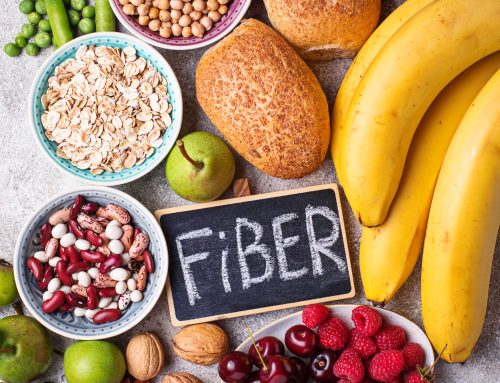Are American’s diets healthy? A new study finds that most Americans overestimate the healthiness of their diets.
Most adults attempting to lose weight by improving the quality of their diet tend to overestimate how healthy their eating habits are, the results of a small study presented at an American Heart Association conference indicate.
According to the Centers for Disease Control and Prevention, nearly half of adults in the United States attempt to lose weight each year. Furthermore, a CDC survey found that obesity prevalence was nearly 42 percent in the U.S. from 2017 to 2020.
According to the centers, “the estimated annual medical cost of obesity in the United States was nearly $173 billion in 2019 dollars. Medical costs for adults who had obesity were $1,861 higher than medical costs for people with a healthy weight.”
Research: Are American’s Diets Healthy?
Researchers from the University of Pittsburgh and the University of Utah-Salt Lake City evaluated the diets of 116 adults between the ages of 25 and 58 over 12 months.
• Study participants met with dieticians individually to discuss their nutrition and were instructed to track everything they ate and drank daily for a year.
• They also wore a FitBit to track physical activity and were asked to weigh themselves daily.
• In self-assessments calculated using a Healthy Eating Index (HEI) score of zero to 100, most participants inaccurately assessed the degree to which their diets had improved over the 12 months.
• The HEI is a standard research tool that compares an individual’s eating habits with the dietary recommendations of the United States government.
• Over the year, participants improved their diet quality by about one point, according to the researchers. However, according to their self-assessment, participants believed they had improved their scores by 18 points.
Furthermore, the researchers found that only one in 10 participants accurately self-assessed the quality of their diets based.
Study Analysis
Jessica Cheng, research fellow, Harvard T. H. Chan School of Public Health says that future studies should examine the effects of helping people close the gap between their perceptions and objective diet quality measurements:
• People attempting to lose weight or health professionals who are helping people with weight loss or nutrition-related goals should be aware that there is likely more room for improvement in the diet than may be expected.
• She added that while people generally know that fruits and vegetables are healthy, there are many other disconnects between public perception of what foods are healthy and the current scientific literature.
Deepika Laddu, chair of the American Heart Association’s council on lifestyle behavioral change for improving health factors, said:
• This disconnect between people’s perception of their diets and how healthy their eating patterns actually are might have negative health consequences.
• Overestimating the perceived healthiness of food intake could lead to weight gain, frustrations over not meeting personal weight loss goals or lower likelihood of adopting healthier eating habits,” she said.
• While misperception of diet intake is common among dieters, these findings provide additional support for behavioral counseling interventions that include more frequent contacts with health care professionals, such as dieticians or health coaches, to address the gaps in perception and support long-lasting, realistic healthy eating behaviors.
Click here to read more about are American’s diets healthy.







